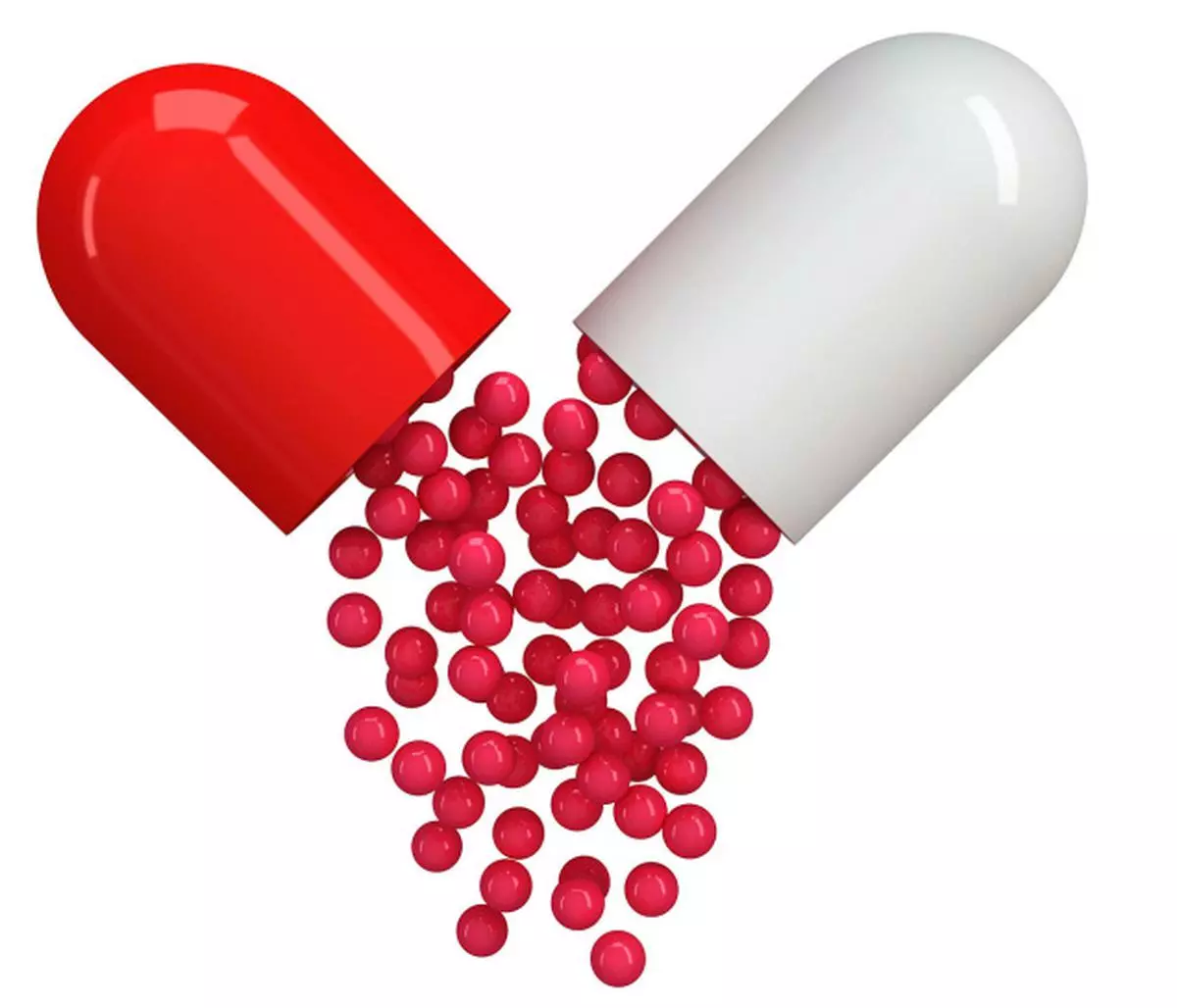If you have a two-three year investment horizon, buy the stock of small-cap pharma company Granules India, which supplies drug intermediates and formulations to pharma majors.
The stock price has almost trebled in the last one year. This was on account of two reasons.
One, the company has clocked healthy growth in the last four years, thanks to its investment in capacity expansion projects, which are paying off. Granules’ revenues have more than trebled and profits risen eight-fold in the last five years.
The company is continuing to invest in assets, the benefits of which should accrue over the next two-three years. In the last year, Granules tripled its formulation capacity.
Second, clarity over long-term growth prospects has also added to the optimism. Its recent acquisition of the Hyderabad-based active pharmaceutical ingredient (API) producer Auctus may help sustain growth in the medium term.
The company’s joint venture with the Belgian specialty chemicals player, Ajinomoto Omnichem, to supply high-value APIs should also add to revenues from 2017.
At the current price of ₹368, the stock trades at about eight times its estimated 2014-15 earnings. Despite the sharp rally, given the good growth visibility, there is potential for the stock to re-rate over a two- to three-year timeframe. However, being a small-cap company, investors with a reasonable risk appetite can take measured exposure in the stock.
Up the value chainGranules’ predecessor Triton started off as an API manufacturing company in 1984.
Over the years, Granules has gradually moved up the value chain. From being a sole API producer, it forward integrated into formulation intermediates known as pharma formulation intermediates (PFIs) in the early 1990s. In 2008, the company commenced manufacturing of finished dosage formulations (FDFs). A growing portion of the company’s intermediates is used for its FDF production.
The vertical integration, coupled with increased sales of the more profitable PFIs and FDFs, has helped Granules improve its operating margin. The share of high-margin FDFs has risen from 21 per cent in 2010-11 to 32 per cent in 2013-14. This has helped Granules improve its operating margin from 12 per cent in 2010-11 to 14.4 per cent in 2013-14.
In the last year, the company has trebled its finished formulations capacity at Gagillapur (near Hyderabad) to 18,000 billion tablets and increased the formulation intermediates capacity by over 45 per cent to 14,400 tonnes.
While the March quarter performance did see some benefit from higher utilisation at the FDF and PFI units, the full benefit will accrue in the current fiscal.
Thanks to the strong demand for PFIs, the company is increasing the capacity at Gagillapur by an additional 4,000 tonnes. The incremental capacity is expected to come on stream by December 2014. Additional capacity and increase in utilisation levels should drive Granules’ revenue and profit growth over the next two years.
The company has diversified its product portfolio too. Having started with paracetamol in 1984, Granules now has a portfolio of five products, which includes the first-line anti-diabetic molecule metformin and cough drug guaifenesin.
DiversificationThis has helped it reduce revenue concentration in the last three years. The share of paracetamol has fallen from 53 per cent in 2010-11 to 42 per cent last fiscal, due to slower growth in demand for the molecule and healthy growth in other molecules such as metformin.
Despite the availability of newer molecules, metformin continues to remain the first-line drug for diabetic patients. This has also helped increase metformin’s share in Granules’ revenues from 10 per cent three years ago to almost 22 per cent now.
To expand its product range, the company has chosen the inorganic route. Last November, Granules acquired Auctus Pharma for ₹120 crore. Auctus’ portfolio of 12 drugs includes blockbuster molecules such as blood pressure-lowering drug Valsartan and blood thinner Clopidogrel.
This acquisition will also provide Granules access to two of Auctus’ US Food and Drug Administration (FDA) approved manufacturing facilities in Hyderabad and Visakhapatnam. Auctus has made 22 regulatory filings in geographies such as US, Europe, Canada, China and South Korea.
Plugging inefficienciesDespite a good product pipeline, poor process efficiency and high selling costs took a toll on Auctus’ profits.
Though the company managed to clock revenues of ₹108 crore in 2013-14, it ended the year in the red with a net loss of ₹6.4 crore. But Granules’ management is confident of optimising processes and improving efficiency. It expects Auctus’ operations to turn profitable in the current fiscal and targets low-to-mid-teen operating margin levels in the medium term.
While the company’s joint venture with the Belgium-based Ajinomoto Omnichem to make and supply high-value APIs is a positive, it may take more time for benefits to flow in.
The joint-venture plant at Vishakapatnam is expected to start trial production by the first half of the fiscal.
But commercial supplies may begin only in 2016-17, subject to US FDA approval. While Granules has managed to post healthy double-digit revenue growth in the last four years, its leverage has increased significantly due to aggressive expansion. The company’s debt-to-equity ratio has doubled from 0.6 in 2010-11 to 1.2 times now.

